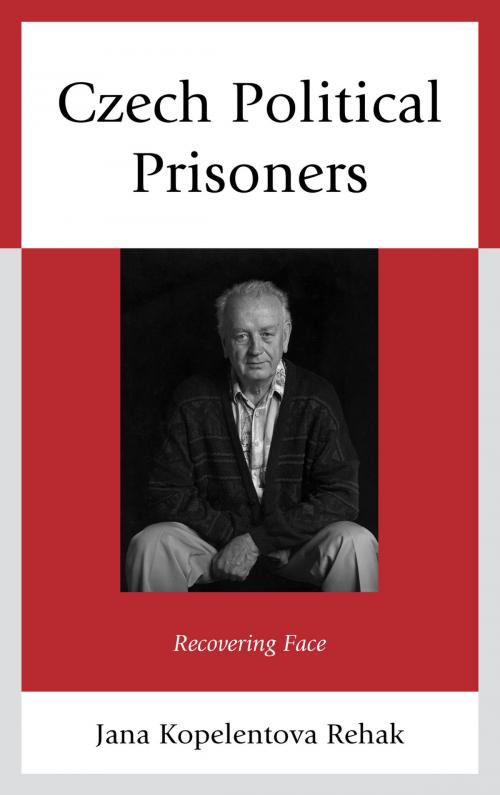Czech Political Prisoners
Recovering Face
Nonfiction, History, Scandinavia, Social & Cultural Studies, Social Science, Discrimination & Race Relations, Anthropology| Author: | Jana Kopelentova Rehak | ISBN: | 9780739176351 |
| Publisher: | Lexington Books | Publication: | November 29, 2012 |
| Imprint: | Lexington Books | Language: | English |
| Author: | Jana Kopelentova Rehak |
| ISBN: | 9780739176351 |
| Publisher: | Lexington Books |
| Publication: | November 29, 2012 |
| Imprint: | Lexington Books |
| Language: | English |
Czech Political Prisoners: Recovering Face is the story of men and women who survived Czechoslovakian Communist concentration camps. Men and women disappeared, were arrested, imprisoned, interrogated, tortured, put on trial, convicted, and sentenced to forced labor camps. In 1948 in Czechoslovakia political others became political prisoners.
New forms of political practices developed under the institution of the totalitarian Czechoslovak Communist state. This new regime of totalitarian political power produced culturally specific forms of organized political violence. Between 1948 and 1989 some citizens recognized by the state as political others were subjected to such ritualized political violence. The link between ritualized violence and state subjects' political passage laid the groundwork for the formation of new social identities.
In the post-totalitarian state, the political other from the Socialist ear remain other through distinct desires and acts of coming to terms with the experience of organized violence. Like other members of the Czech and Slovak states, former prisoners are now facing the post-totalitarian remaking of life. In contrast to society at large, the political prisoners' recovery from the totalitarian past has proved that the ethics of political life, individual and communal coming to terms with the past, is closely related and crucial to their efforts toward reconciliation.
Today, in the Czech Republic, as well as in other post-socialist countries, the desire to reconcile is not limited to survivors of camps, prisoners, and dissidents. People from the youngest generation are asking questions about crimes, punishment, and forgiveness related to the Communist regime in Central and Eastern Europe.
The purpose of this story is to expose individual and communal experiences, subjectivity and consciousness hidden in the ruins of memories of Socialism in Czechoslovakia.
Czech Political Prisoners: Recovering Face is the story of men and women who survived Czechoslovakian Communist concentration camps. Men and women disappeared, were arrested, imprisoned, interrogated, tortured, put on trial, convicted, and sentenced to forced labor camps. In 1948 in Czechoslovakia political others became political prisoners.
New forms of political practices developed under the institution of the totalitarian Czechoslovak Communist state. This new regime of totalitarian political power produced culturally specific forms of organized political violence. Between 1948 and 1989 some citizens recognized by the state as political others were subjected to such ritualized political violence. The link between ritualized violence and state subjects' political passage laid the groundwork for the formation of new social identities.
In the post-totalitarian state, the political other from the Socialist ear remain other through distinct desires and acts of coming to terms with the experience of organized violence. Like other members of the Czech and Slovak states, former prisoners are now facing the post-totalitarian remaking of life. In contrast to society at large, the political prisoners' recovery from the totalitarian past has proved that the ethics of political life, individual and communal coming to terms with the past, is closely related and crucial to their efforts toward reconciliation.
Today, in the Czech Republic, as well as in other post-socialist countries, the desire to reconcile is not limited to survivors of camps, prisoners, and dissidents. People from the youngest generation are asking questions about crimes, punishment, and forgiveness related to the Communist regime in Central and Eastern Europe.
The purpose of this story is to expose individual and communal experiences, subjectivity and consciousness hidden in the ruins of memories of Socialism in Czechoslovakia.















